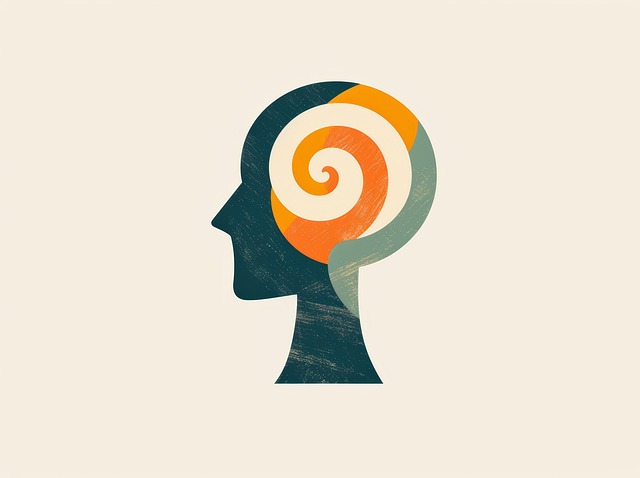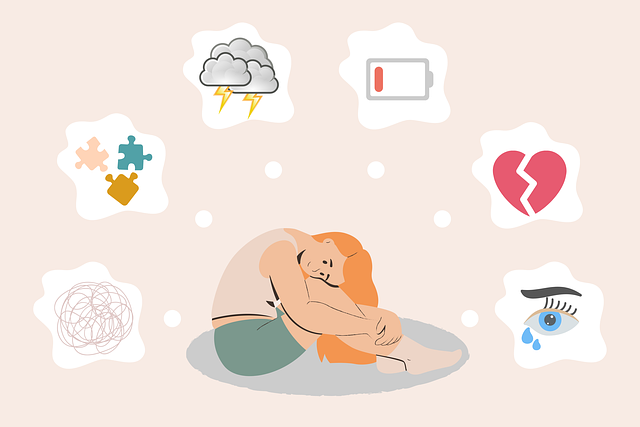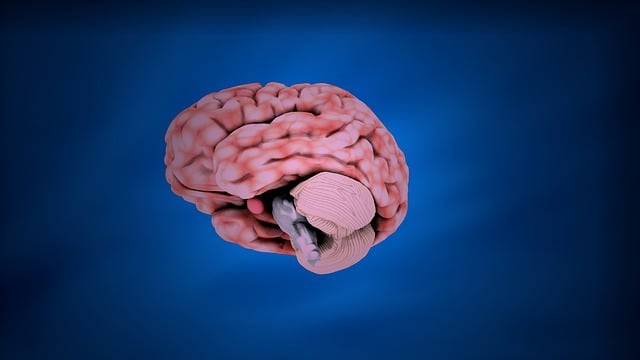Crisis Intervention Teams (CITs) provide immediate, specialized support during mental health crises, focusing on stabilizing individuals, preventing harm, and connecting them with long-term care. Through evidence-based practices like conflict resolution and resilience building, CIT training equips professionals to handle acute situations effectively. Specifically, this includes comprehensive risk assessment, therapeutic techniques for adult anxiety, stress management, and collaborative team work. Therapy tailored for adults with anxiety in these settings significantly improves crisis outcomes and prevents professional burnout, fostering resilience and self-care practices for long-term mental wellness.
“In today’s complex social landscape, crisis intervention teams (CITS) play a pivotal role in mental health support. This article explores the critical function of CITS and their profound impact on individual well-being. We delve into the essential components of effective training programs, emphasizing skills development for timely interventions. Furthermore, we highlight the advantages of therapy for adults with anxiety within crisis settings, showcasing its potential to transform lives. By understanding these key aspects, we can enhance community resilience and improve mental health outcomes.”
- Understanding Crisis Intervention Teams: Their Role and Impact on Mental Health
- Key Components of Effective Crisis Intervention Team Training Programs
- Benefits of Therapy for Adults with Anxiety in Crisis Intervention Settings
Understanding Crisis Intervention Teams: Their Role and Impact on Mental Health

Crisis Intervention Teams (CITs) are specialized groups within emergency services and mental health settings dedicated to providing immediate support during crises. These teams play a pivotal role in mitigating high-risk situations, often involving individuals experiencing severe emotional distress or mental health emergencies. By swiftly deploying trained professionals, CITs offer a vital safety net, ensuring public safety while also de-escalating potentially dangerous scenarios.
The primary focus of these teams is to stabilize individuals, prevent harm to themselves or others, and connect them with appropriate long-term mental health services. Through evidence-based practices, including conflict resolution techniques, resilience building, and mental health education programs designed for acute settings, CIT members are equipped to handle a range of challenges. This proactive approach not only addresses the immediate crisis but also fosters better outcomes for those struggling with adult anxiety and other mental health concerns.
Key Components of Effective Crisis Intervention Team Training Programs

Effective crisis intervention team (CIT) training programs are multifaceted, aiming to equip mental health professionals with the skills and knowledge needed to handle acute situations. These programs should integrate several key components. Firstly, they must provide comprehensive risk assessment training, enabling practitioners to accurately identify potential crises and develop tailored interventions. Secondly, they should focus on evidence-based therapeutic techniques for adults experiencing anxiety, depression, or other common mental health disorders. In addition to direct therapy skills, CIT training should encompass stress management workshops designed to foster resilience among professionals, thereby mitigating the risk of burnout. Finally, programs should encourage a collaborative team approach, emphasizing effective communication and coordination among all team members.
Benefits of Therapy for Adults with Anxiety in Crisis Intervention Settings

Therapy for adults with anxiety in crisis intervention settings offers a multitude of benefits that are essential to effective support. By integrating evidence-based practices tailored to address anxiety disorders, these programs can significantly enhance the team’s ability to assist individuals in acute distress. Therapy provides tools to manage panic attacks, overcome avoidance behaviors, and develop coping strategies, thereby improving overall crisis resolution outcomes.
In these settings, mental wellness coaching programs play a pivotal role in burnout prevention. By fostering resilience and promoting self-care practices, therapy sessions empower adults to maintain composure during high-stress situations. This not only boosts their confidence but also ensures the sustainability of crisis intervention teams over time. Effective interventions contribute to the long-term mental health and well-being of both the individuals served and the professionals providing support.
Crisis intervention team training programs play a pivotal role in enhancing mental health support, particularly for adults suffering from anxiety. By equipping teams with essential skills and knowledge, these programs facilitate effective crisis management, providing a safe and supportive environment. The integration of therapy for adults with anxiety within these settings not only empowers individuals to navigate crises but also offers long-lasting benefits for their overall well-being. Effective training ensures that crisis intervention teams are well-prepared to handle complex situations, ultimately contributing to improved outcomes for those in mental health emergencies.














